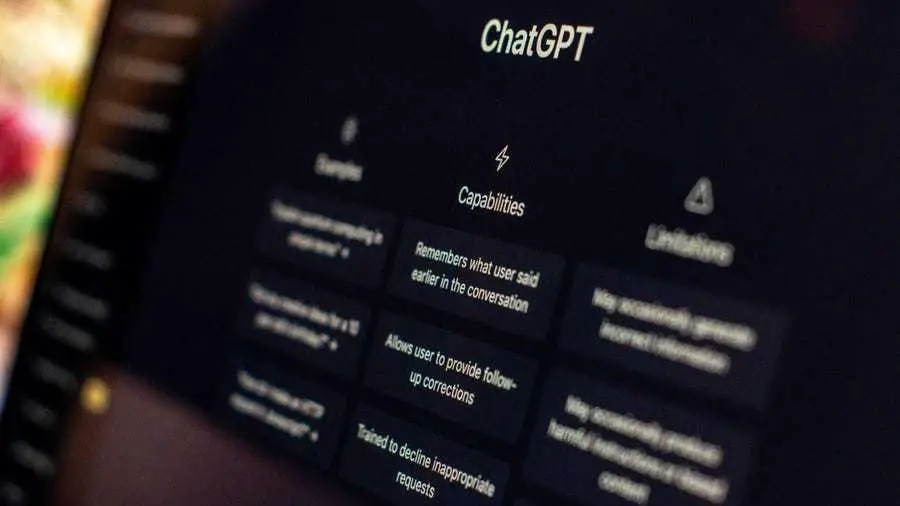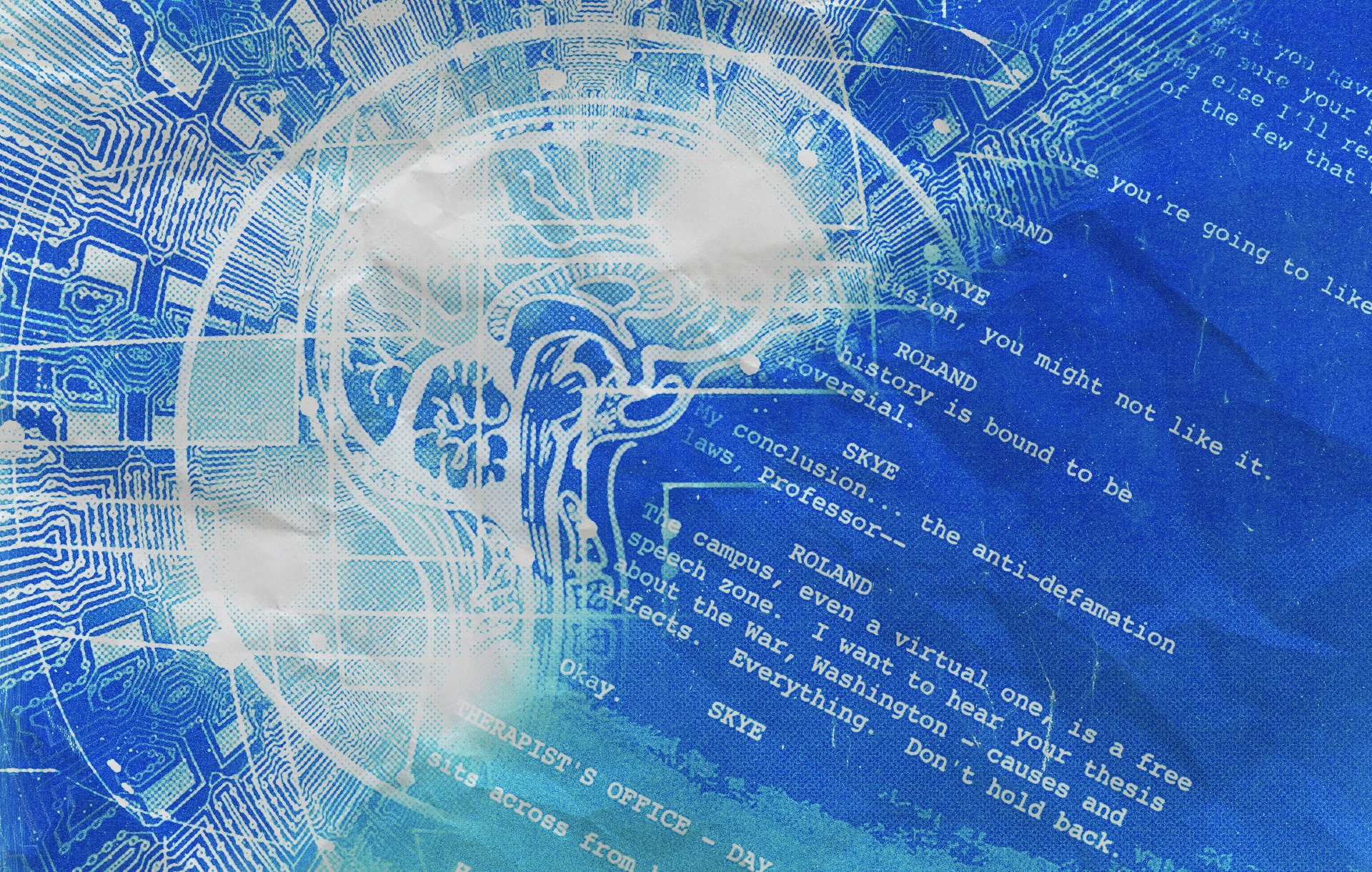Hollywood studios and writers have reached a tentative agreement as of September 24th. Like most, I’ve been wondering why it took so long to get to this point. One major reason was probably the significant evolution in technology and how people enjoy entertainment today. Back in 2007, a key point of that dispute was for the writers to get their fair share from DVD sales. Today, it’s about streaming platforms and AI. A new technological frontier that needed to be extensively addressed.
As with DVD sales back then, studios and streaming platforms have been very tight-lipped about releasing viewership data that could be useful to calculate residuals. This has been a hot topic ever since Netflix released an entire season of House of Cards at once in 2013, proving that streaming services can produce quality content. However, in this particular case, we know the solution already – there needs to be more transparency.
On the other hand, Artificial Intelligence represents a more intricate topic for the current dispute, as this technological advancement has the potential to impact the role of Hollywood screenwriters on many levels. Whether it is viewed as a threat or an opportunity, largely depends on how it is utilized and integrated into the creative process. That’s why I would like to examine some ways AI could and should be compatible with the role of screenwriters.
A Matter of Harmony
First of all, I’m not afraid to admit that Artificial Intelligence has all it takes to replace most writers in about fifteen years from now. The prevailing screenwriting approach, especially right now, is characterized by paint-by-numbers scenarios that most films adhere to. If you can have that structure and archetypes, then it’s going to be easier for AI to be a worthy surrogate for humans. In this regard, what needs to be done is to rethink the role of screenwriters and make AI a complementary tool for their process.
While AI has the potential to enhance the creative process and improve efficiency, it is not a substitute for the idiosyncratic creativity, human intuition, and judgment that screenwriters bring to their work. That’s why AI should be seen as a tool to be used alongside human creativity, rather than a threat that will replace screenwriters entirely. It can be valuable in terms of generating ideas, short stories, or even rough drafts, and its content might serve as a starting point or inspiration for writers.
However, in this respect, there is an important distinction that needs to be made between “literary material” and “source material”. The first one refers to what a writer produces, while source material refers to works such as novels, plays, articles on which a script may be based. While original literary material entitles the writer to the full residual for a project, a work that is based on source material entitles them to 75%. So, if the studios accept not to consider AI-generated content as “source material,” then writers can be in high spirits.

Getting back to the advantages of the new technology, AI can also provide data-driven insights, analyzing vast amounts of numbers and scenarios, including audience preferences and trends in the film industry. Screenwriters and producers can use this information to make informed decisions about the types of stories that are likely to resonate with audiences. And this could be a valuable, timesaving approach for those writers who aim to focus on their creative process and efficiency, rather than thinking as marketing heads all the time.
The Human Touch
Despite my pragmatic perspective on this subject, it’s important to be optimistic and note that AI should be viewed as a creative tool rather than a replacement for human creativity. Screenwriters will continue to be essential for bringing unique perspectives, emotions, and storytelling skills to the industry.
At this point, the impact of AI on Hollywood is a necessary change and its effects will depend on how the industry embraces and adapts to this technology. Those who are open to learning and integrating AI tools into their creative process may find new opportunities for collaboration and efficiency, enhancing what we can call “the human touch”.
AI lacks the quality that only human emotion can provide, which happens to be the most important part of the screenwriting process. Data-driven insights can provide useful information, algorithms can create logical plotlines, but they cannot replicate the depth and complexity of an exquisitely flawed human mind. The empathy, the nuance, and the genuine connection that come from our collective memory remain uniquely human.




